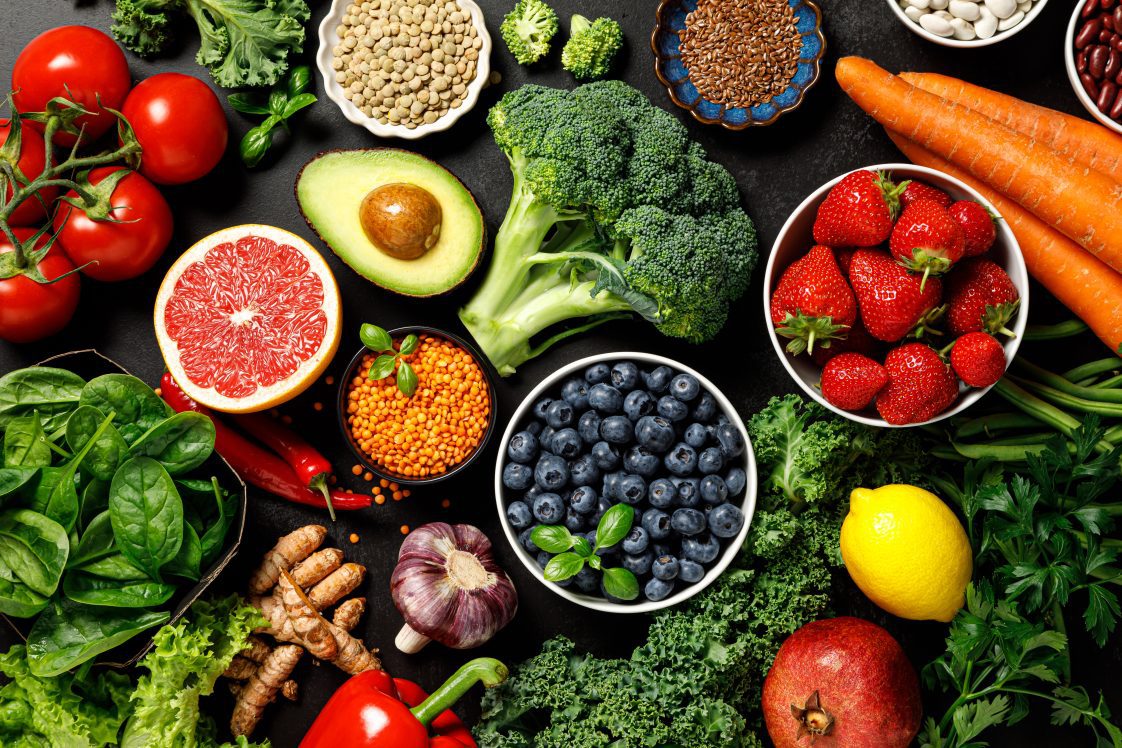Health & Nutrition

Nutrients are essential to human growth and to sustain life. Food is a fantastic way to obtain those powerful nutrients and each type of nutrient fulfills a specific need. Visit MyPlate.gov to learn how much and what kinds of food to consume to ensure you eat enough nutrients daily.
Major Nutrients
The nutrients a body needs include the following:
- Water is a nutrient and the most essential nutrient. People cannot survive without it. Water is an important nutrient to maintain hydration. Drinking water helps to regulate your body’s temperature, boost skin health, and improve blood pressure. So, encourage family and friends to drink more water, especially during the hot summer months.
- Protein is derived from food and helps to repair bodily tissue. It also supports our immune system and hormones. Consume a variety of high-protein foods such as nuts, fish, beans, eggs, and lean meats daily.
- Carbohydrates provide the body with fuel in the form of glucose. Glucose is the sugar in the body’s cells that provides energy throughout the day. Be sure to include bread, grains, vegetables, fruits, and brown rice in your diet.
- Fats are nutrients in food a body uses to build cell membranes, nerve tissue, and hormones. Certain high-fat foods should include a diet containing eggs, fish, nuts, olive oil, and avocados to provide energy and support bodily functions.
- Vitamins are derived from food. Your body does not produce them. Always strive to eat a well-balanced diet which includes food from all food groups. Your body requires 13 essential vitamins, including water-soluble vitamins C and B, and fat-soluble vitamins A, D, E, and K. Eating from all food groups helps to ensure that you obtain the essential nutrients your body needs.
- Minerals are essential for heart and brain functions and the production of hormones. Nuts, seeds, shellfish, vegetables, and beans are all mineral-rich foods. Minerals should be consumed in small amounts to keep your body healthy.
Nutrient Deficiency
Have you ever wondered what happens if you do not eat enough nutrients? When a person does not consume enough nutrients, their body will not have the energy to perform daily bodily functions. Additionally, you are prone to developing chronic diseases, such as heart disease, certain cancers, diabetes, hypertension, and obesity. You also risk getting sick often, causing you to miss work or school.
Get to know your body and recognize any signs of unhealthy habits. A well-balanced diet will provide all the essential nutrients necessary for staying healthy. Good nutrition can increase your lifespan and enable you to live well into your golden years.
Learn more about healthy living by visiting Alabama Extension’s website, www.aces.edu.

